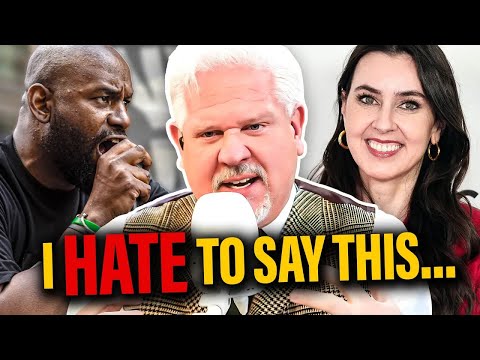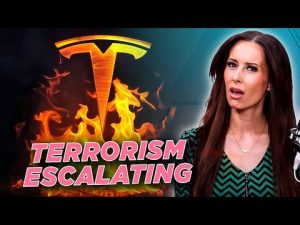**The Struggle for Speech and Justice: A Tale of Contradictions**
In the swirling sea of opinions and emotions regarding recent judicial outcomes, the dialogue around freedom of speech and its implications often becomes a battleground. This week, a striking contrast emerged in the narratives surrounding two figures: the United Health Care CEO whose death has been met with unsettling reactions, and Daniel Penny, who has recently been acquitted after a trial that incited significant media attention. As people navigate these stories, it becomes clear that what some perceive as justice, others view through a lens distorted by personal beliefs and societal norms.
For many, the execution of the health care executive conjured sentiments that were anything but conventional. Some found themselves grappling with emotions ranging from vindication to, as one commentator put it, a celebratory mood. This reaction may seem odd coming from those who often advocate for compassion and understanding, yet it speaks to a larger theme—a perception that certain actions must face consequences. The disconnect lies in the empathy one should feel toward a human being, regardless of their past actions. It’s curious, though, that those who claim to champion the sanctity of life can be so quick to delight in retribution, seemingly forgetting that justice should ideally rectify rather than revel in punishment.
Meanwhile, in a courtroom across town, Daniel Penny’s acquittal became a rallying point. His actions, viewed by some as heroic—protecting the innocent from what they deemed dangerous behavior—were scrutinized from all angles. Commentary from figures like BLM New York transformed the dialogue into something dangerous, suggesting a vigilante response to perceived oppression. Such proclamations, if made by others, would be met with swift condemnation. The double standard, it would seem, is glaring, and raises the question of who gets to declare themselves the moral arbiter in this society when, in reality, both sides seem equally capable of heightening tensions.
The irony is that one side celebrates vigilante justice while advocating for compassion and the preservation of life, while the other heralds the protection of citizens but may dismiss the humanity of those they see as villains. This juxtaposition is emblematic of a modern society increasingly divided along ideological lines, where reason often takes a backseat to outrage and retribution. Is this the new norm? Should one side’s cries for justice be intermingled with calls for violence against perceived enemies? It opens up a Pandora’s box of ethical debate that society must navigate carefully.
This brings us to freedom of speech—a cherished right that lies at the heart of American values. It seems easy to dismiss the radical opinions voiced, but, as difficult as it may be, everyone has a right to their views. It’s vital to recognize that while one might find opinions abhorrent or even reprehensible, the beauty of the Constitution allows for such expression. The landmark court ruling regarding incitement to violence serves to remind us that the road to justice is often littered with perilous rhetoric. Engaging in civil discourse should not mean silencing dissenting voices, regardless of how loud or unruly they may become.
As this chaotic narrative unfolds, one must wonder about the future of discourse in America. Will the pendulum swing toward understanding and reconciliation? Or does it lean toward division, anger, and hostility? Perhaps the answer lies in learning to navigate the complexities of human emotion and the layered meanings of justice. Just as importantly, it involves recognizing that in a nation built on rights, freedom of expression is both a privilege and a responsibility. And now more than ever, America needs to listen—if only to understand how deeply entrenched each side may be in their quest for what they believe to be just.



